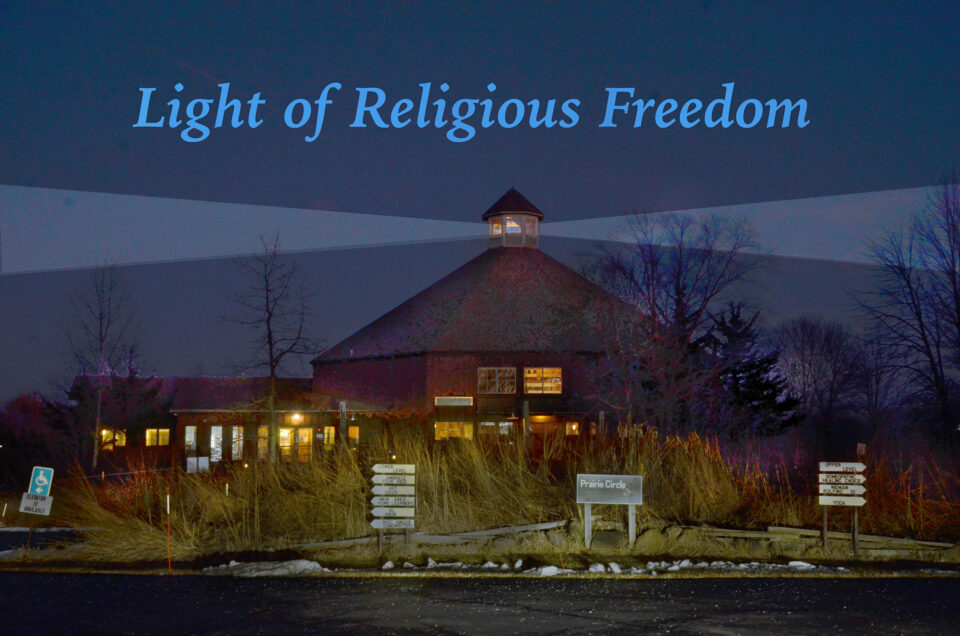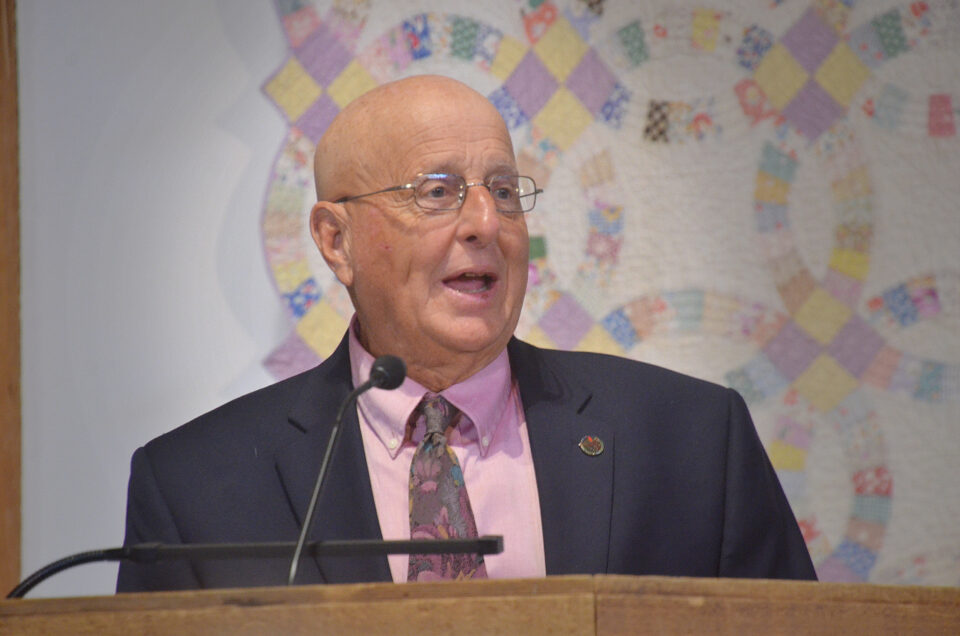“Indonesian Thoughts on Gratitude” Nov. 20, 2020
A couple years ago I had the chance to visit Indonesia with a UU family from my home church in Racine. I have always found that experiencing a different culture helps me question my assumptions and see my own culture a little differently.
One of the sites we visited was the Borobudur Buddhist temple in Java (which I’ll have more to say about when we get to Buddha’s birthday in April). Our guide at that site was a Muslim, but he did such a thorough and balanced presentation on the history of the site, that at first I thought maybe he was a Buddhist himself! After our visit was over, we happened to be discussing with him some of the science-of-happiness studies that seem to parallel a good deal of Buddhist teachings about happiness—especially the demonstrable positive effects of gratitude journaling (i.e., writing down, or thinking about, the things you’re grateful for). Our discussion went on for quite a while and our guide told us that, as a result of our conversation, he had decided to make gratitude exercises a major part of his daily “salaat.” (“Salaat” means “prayer,” in Arabic, and usually refers to the prayer that observant Muslims pray five times a day, consisting of bowing and other rituals while reciting in Arabic: “God is great. …All glory and honor and praise is due to You… the entirely merciful…”)
The more I thought about it, the more I realized that what our guide had decided to do made perfect sense in the context of Islam. And that’s because salaat is already a gratitude exercise (if you think about it carefully). Of course, I realize that most people–Christians, Jews, Hindus, Muslims, etc.–probably think of prayer as simply their daily duty. (Which, of course, it usually is in those religions.) Or else they see it as their praise of God/Brahman/Allah/Adonai. (Which, of course, it also is.) But if you carefully peel away the layers, you see that salaat appears to be a gratitude exercise too. (How different is “God is great” from “This Universe is great,” or “All honor and praise is due” from “I am so thankful”?)
I realize that we are not all theistic here at UCN, so the Islamic version of salaat might not work for us. But certainly the gratitude piece could. Whereas the theistic version might be to praise God for all That God has given us, the humanistic version might be to simply remind yourself of all the good things in your life: to “count your blessings,” in other words. (It might even include reminding yourself of the good things that have sometimes come out of the bad.)
Now, I don’t want to simplistically conflate traditional prayer with modern gratitude-journaling. (There is, after all, a theological difference between giving thanks to God and giving thanks “to whom it may concern.”) But in terms of a spiritual practice that might enhance our lives, is it really all that different?
I’m not suggesting that you do this five times a day, of course–or even once a day. But as Thanksgiving Day approaches, I comment to you the practice of (at least occasionally) thinking about the things you are grateful for. Research has already shown us that this practice can make us happier. But I believe happiness and gratitude can be contagious–so this gift to yourself may end up being a gift to the world around you as well.
In any case, I wish you “Happy Thanksgiving”–with, of course, a little
peace and unrest,
tony



